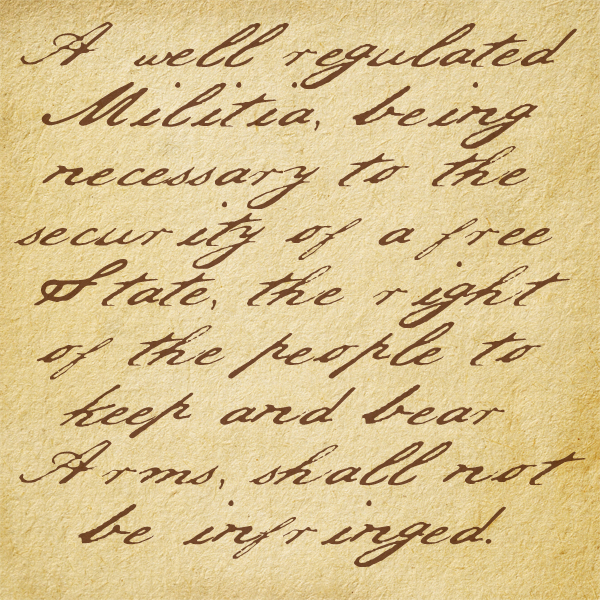The 9th circuit upholds a requirement that guns be locked up. There’s more here over at the Volokh Conspiracy. Once again, I’m disappointed to see Prof. Volokh promoting balancing tests:
The court also upheld a ban on sale of hollow-point bullets, though it stressed that the ban didn’t prohibit possessing or using hollow-points, or bringing them in from neighboring cities. Here, the burden does seem likely to be less than substantial …
Would we argue that a ban on newspapers or books being sold in the city is a less substantial burden, because they could still be bought outside the city and brought in? No, that would be properly ruled unconstitutional. I will repeat that endorsing this kind of burden analysis, even if it is used in other rights, is a green light for the courts to gut any substantive protection, because the courts will always balance in favor of the government. The courts, who have zero expertise in self-defense (very few would have ever taken a course), are in no position to make these calls, and shouldn’t be encouraged to make them. Limiting my magazine size, restricting my access to effective ammunition, and adding precious time between me and my firearm are not light burdens, and shouldn’t be treated as such.
We have to advocate a different approach if we want this right taken seriously. I’m a great fan of Professor Nelson Lund’s approach, on examining police use and practices.




